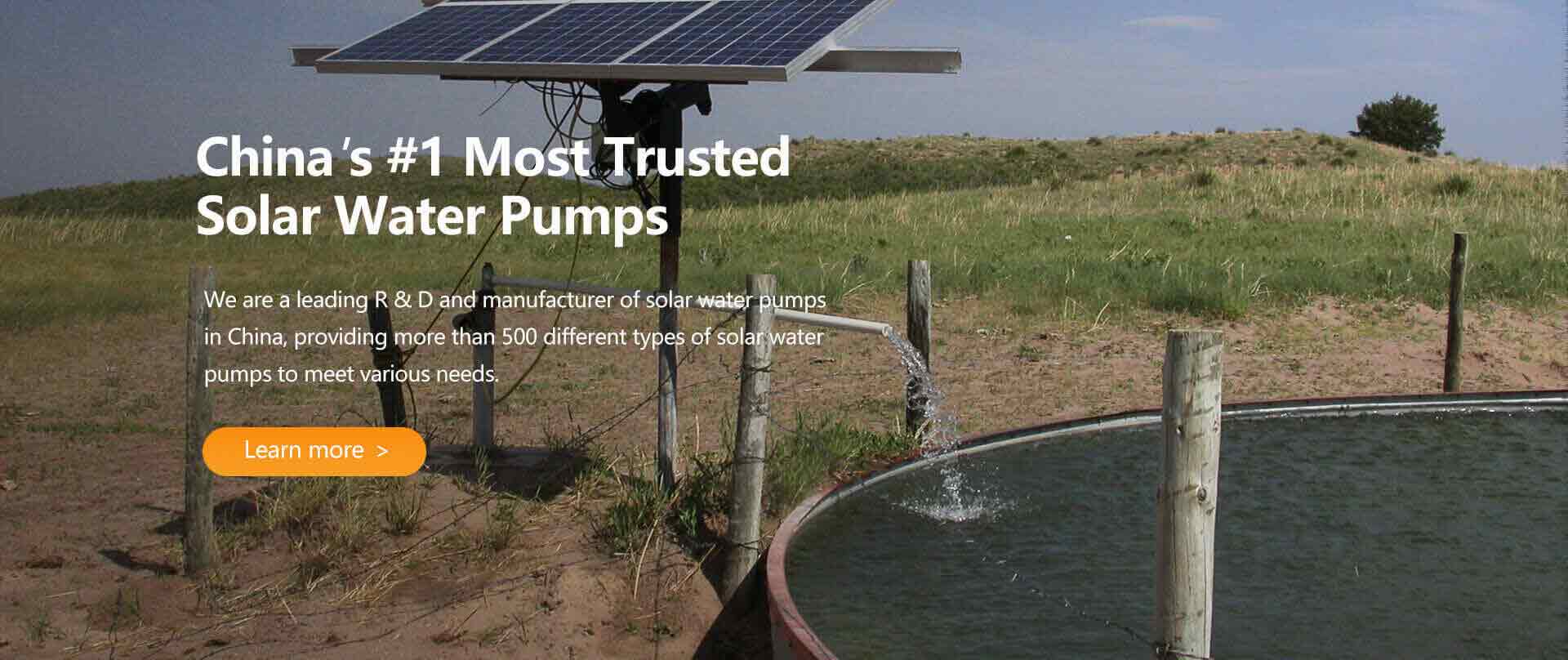
Water pumps have long been essential in agriculture, residential use, and various industrial applications. While traditional pumps powered by diesel or electricity have been the standard, solar-powered water pumps are emerging as a game-changing alternative. The previously discussed blog, “The Power of the Sun: Exploring Solar Water Pumps,” introduced the idea of using solar energy in water pumping systems. In this post, we explore how solar water pumps are reshaping water management, highlighting their benefits, versatility, and potential impact on different sectors.
The Shift Toward Solar-Powered Water Pumps
Solar-powered water pumps represent a significant technological shift, offering a cleaner, more sustainable solution compared to conventional water pumps. By harnessing solar energy, these pumps operate without the need for fossil fuels or grid electricity, making them eco-friendly and cost-effective over time.
Sustainability at the Core
The environmental benefits of solar water pumps are undeniable. Traditional pumps, particularly those running on diesel or electricity from non-renewable sources, contribute to carbon emissions and environmental degradation. Solar-powered water pumps, by contrast, operate solely on renewable energy, significantly reducing greenhouse gas emissions. This makes them a preferred choice for environmentally conscious users who seek to minimize their ecological footprint.
Economic Benefits of Solar Energy Water Pump
While the initial investment in solar energy water pump might be higher than their conventional counterparts, the economic benefits over time can be substantial. Solar energy is free, meaning that after the initial setup, the operating costs are minimal. Additionally, with fewer moving parts and no reliance on fuel, these pumps typically require less maintenance, further reducing long-term costs. For farmers and small businesses, these savings can make a significant difference in profitability.
Energy Independence
Solar water pumps provide a level of energy independence that traditional pumps cannot. For rural areas or regions with unreliable electricity, solar-powered pumps offer a dependable solution that does not rely on grid access. This energy independence is particularly crucial in remote agricultural regions, where a consistent water supply is essential for crop irrigation and livestock maintenance.
Diverse Applications of Solar Water Pumps
One of the most significant advantages of solar water pumps is their versatility. They can be employed in a range of settings, from large-scale agricultural operations to small domestic projects.
Agricultural Irrigation and Beyond
Agriculture is one of the primary beneficiaries of solar-powered water pumps. Farmers can use these pumps for irrigation, drawing water from wells, rivers, or reservoirs to keep their crops hydrated. This is especially beneficial in arid regions where water scarcity is a constant challenge. Solar pumps can operate in areas where electricity is not readily available, ensuring that farmers can maintain their crops even in the most challenging conditions.
Beyond irrigation, solar water pumps are also being used in aquaculture to manage water levels in fish farms and in agroforestry to support tree plantations. The adaptability of these pumps to different agricultural needs makes them a valuable tool in modern farming.
Rural and Off-Grid Communities
For communities in rural or off-grid locations, access to clean water can be a significant challenge. Solar-powered water pumps provide an effective solution by offering a reliable source of water without the need for electricity. These pumps can be used for drinking water supply, sanitation, and small-scale agricultural projects, improving the quality of life for people living in remote areas.
Industrial and Commercial Use of Solar Water Pump
Solar water pumps are also making inroads into industrial and commercial sectors. Solar pumps offer a practical alternative for businesses that require a steady water supply but are located in areas with high energy costs or unreliable electricity. Industries like mining, construction, and manufacturing are increasingly turning to solar-powered pumps to meet their water needs in a cost-efficient and sustainable manner.
Overcoming Challenges of Solar Watering Pump
While the benefits of solar-powered water pumps are clear, there are challenges to their widespread adoption. The efficiency of these solar watering pumps is heavily dependent on sunlight, which can be a limiting factor in regions with inconsistent sunshine. However, advancements in solar panel technology, coupled with better energy storage solutions, are helping to mitigate these limitations, making solar water pumps more viable even in less sunny regions.
Initial Costs and Financial Considerations
The higher initial cost of solar water pumps can be a deterrent for some users. However, various financing options and government incentives are becoming available to help offset these costs. Potential buyers need to consider the long-term financial benefits, including savings on fuel, electricity, and maintenance, when evaluating the overall investment.
The Future of Solar-Powered Water Pumps
As technology continues to advance, the efficiency and affordability of solar-powered water pumps are expected to improve, making them an increasingly attractive option across various sectors. Whether for large-scale agricultural operations, rural community water supplies, or industrial applications, these pumps offer a sustainable and cost-effective solution that is aligned with global efforts to reduce carbon emissions and combat climate change.
In conclusion, solar powered water pumps are not just a trend but a transformative technology that has the potential to revolutionize how we manage water resources. By embracing solar technology, we can reduce our reliance on non-renewable energy sources, cut operational costs, and contribute to a more sustainable future for all.
Comments
Post a Comment